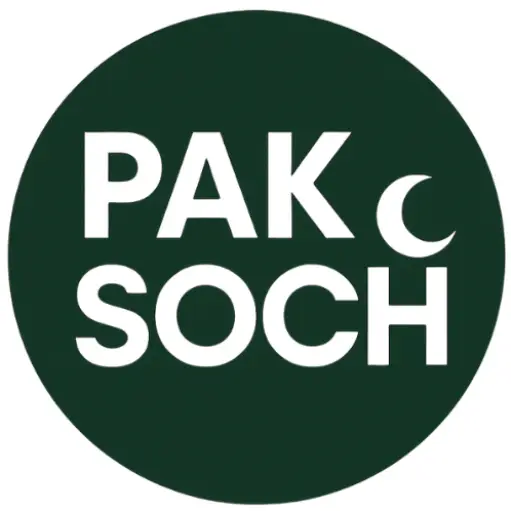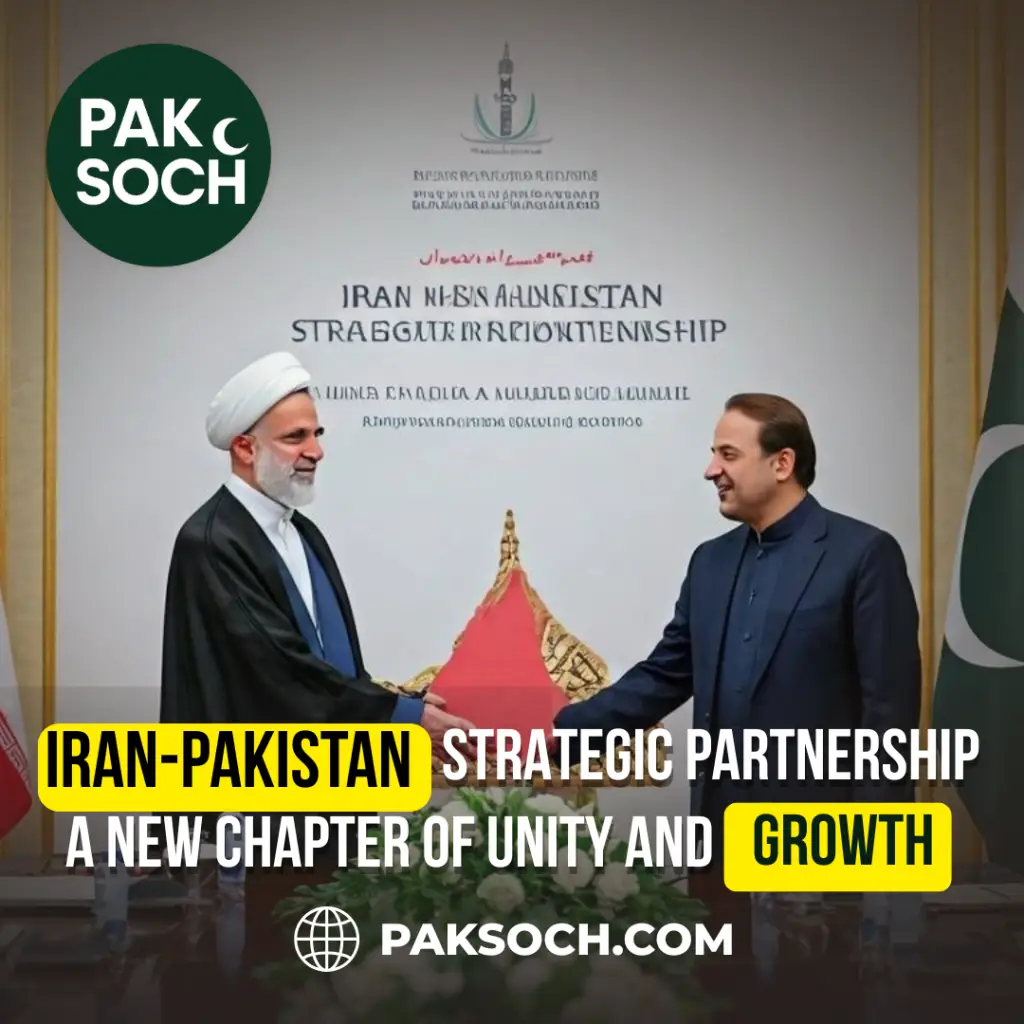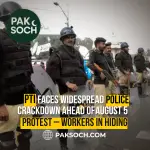A New Era of Cooperation and Unity: Strengthening Iran-Pakistan Relations
In Tehran— Iranian President Masoud Pezeshkian’s two-day state visit to Islamabad is the first official step in what both capitals are calling a “decisive phase” in their strategic partnership. Iranian Foreign Minister Abbas Araghchi has called the relationship between Tehran and Islamabad “co-developers of a common future.” This phrase clearly shows how quickly the two countries’ agendas are moving forward.
President Pezeshkian’s trip, which was in response to an official invitation from Pakistani Prime Minister Shehbaz Sharif, completes a series of high-level meetings that began earlier this year with visits to Tehran and Islamabad by the late President Ebrahim Raisi and Prime Minister Sharif. These talks happen a lot because of the strong ties between their histories, cultures, and ideas.
Honoring Our Shared Heritage in Lahore
When President Pezeshkian arrived in Lahore, he immediately went to the mausoleum of philosopher-poet Muhammad Iqbal. There, he laid a wreath that served as both a tribute and a diplomatic symbol. The visit brought back Iqbal’s idea of an Indo-Iranian civilizational realm and showed that Iran is still interested in the cultural and intellectual aspects of the connection. The tour showed how much the two countries had in common in terms of their civilizations.
Later that day, President Pezeshkian wrote in the visitors’ book in the mausoleum’s next room. This act symbolically reinforced the promise to respect each other’s principles and strengthen social ties.
Nawaz Sharif’s Support for Iranian Strength
In Lahore, President Pezeshkian met with Muhammad Nawaz Sharif, the head of the Pakistan Muslim League. Sharif complimented Iran’s strong will and the strength of its people in the face of Israeli provocations. He said that Iran’s ability to defy outside pressure has made it a living symbol of dignity and pride for Pakistan. Sharif’s comments stressed how important brotherly ties are and how important it is for people to help each other.
Strengthening trade and economic ties
President Pezeshkian responded by bringing up how Pakistan has always been ready to stand with Iran against repeated foreign demands, notably those coming from Washington and Tel Aviv. He praised Pakistan’s constant denunciation of such encroachments and said that both countries were determined to maintain their integrity. Raising trade between the two countries to a record $10 billion was a key goal of the talks. The partners looked at plans for border markets, air and sea links, and Iran’s joining the China-Pakistan Economic Corridor. The expanded economic collaboration is expected to improve regional connectivity and open up new opportunities for each country’s progress.
Stability and safety in the region
The two countries said again that they were committed to working together to keep the peace in the region. President Pezeshkian stressed how important it is to have good border control and stability. He said that working together more would help reduce the challenges of terrorism and radicalism that both countries face. He said that the Muslim community needs to be united in order to stop the plans of evil outside actors who want to divide them.
A Common Vision for the Future
In an essay called “A Shared Future,” Foreign Minister Abbas Araghchi said that the relationship between Iran and Pakistan goes beyond geography and is based on deep historical, spiritual, and cultural ties. He said that the two powers, as independent Muslim governments, are in a unique position to shape the region’s future by promoting shared principles of justice, mercy, and brotherly solidarity.
The Minister also talked about how the two economies could work together in a way that would benefit both of them. He put Iran’s oil and gas wealth next to Pakistan’s wide range of agricultural products as a long-term base for economic cooperation. As a result, he called for more security partnerships to deal with the linked problems of terrorism and radicalism.
In short, Araghchi said that mutual respect, a shared goal, and continued cooperation between Iran and Pakistan are the keys to permanent peace, stability, and shared prosperity in the area.


